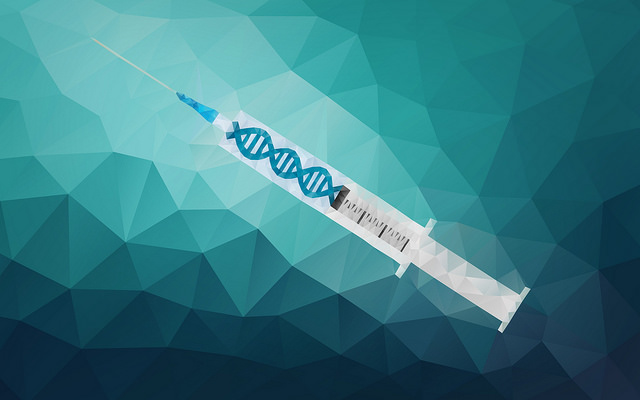Scientists Disagree About the Ethics and Governance of Human Germline Editing
By Françoise Baylis and Marcy Darnovsky,
The Hastings Center
| 01. 17. 2019
Despite the appearance of agreement, scientists are not of the same mind about the ethics and governance of human germline editing. A careful review of public comments and published commentaries in top-tier science journals reveals marked differences in perspective. These divergences have significant implications for research practice and policy concerning heritable human genome editing.
The current chapter in the debate about the societal and political implications of human germline editing took off nearly four years ago, in response to a laboratory experiment in which researchers in China used CRISPR technology on nonviable human embryos. In March 2015, an article titled “Don’t Edit the Human Germline,” coauthored by scientists and others working on somatic cell genome editing and associated with the Alliance for Regenerative Medicine, appeared in the “Comment” section of Nature. A week later, Science published a “Perspective” commentary coauthored by another group, most of them scientists convened by CRISPR codiscoverer Jennifer Doudna, under the title “A prudent path forward for genomic engineering and germline genetic modification.”
The first article described the “tenuous” therapeutic benefit, and the likely serious...
Related Articles
By Diaa Hadid and Shweta Desai, NPR | 01.29.2026
MUMBRA, India — The afternoon sun shines on the woman in a commuter-town café, highlighting her almond-shaped eyes and pale skin, a look often sought after by couples who need an egg to have a baby.
"I have good eggs,"...
By George Janes, BioNews | 01.12.2026
A heart attack patient has become the first person to be treated in a clinical trial of an experimental gene therapy, which aims to strengthen blood vessels after coronary bypass surgery.
Coronary artery bypass surgery is performed to treat...
By Staff, ScienceDaily | 01.05.2026
Scientists at UNSW Sydney have developed a new form of CRISPR technology that could make gene therapy safer while also resolving a decades-long debate about how genes are switched off. The research shows that small chemical markers attached to DNA
...
Following a long-standing CGS tradition, we present a selection of our favorite Biopolitical Times posts of the past year.
In 2025, we published up to four posts every month, written by 12 authors (staff, consultants and allies), some in collaboration and one simply credited to CGS.
These titles are presented in chronological order, except for three In Memoriam notices, which follow. Many more posts that are worth your time can be found in the archive. Scroll down and “VIEW...




